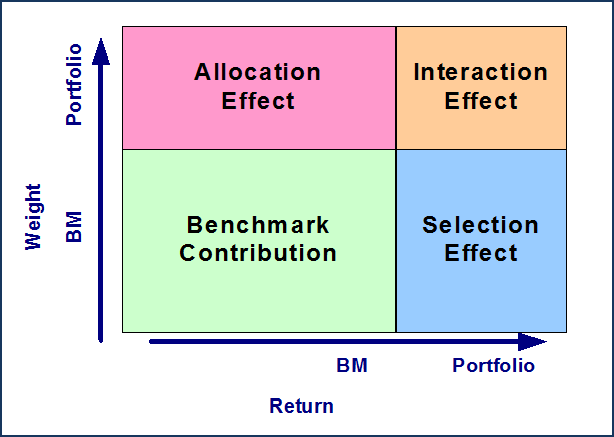I’m probably beating a dead horse, but will persevere, regardless.
This past weekend’s WSJ had an interesting article by Stephen Hawking (“A Brief History of a Best Seller”), in which he discusses his famed book’s origin. His editor pestered him to make it more readable (which actually was Dr. Hawking’s objective, as he wanted a book that could reach the masses).
I found the following of interest: “I am sure that nearly everyone is interested in how the universe operates, but most people cannot follow mathematical equations. I don’t care much for equations myself.” (emphasis added) Wow! “I don’t care much for equations myself.”
He continues “This is partly because it is difficult for me to write them down, but mainly because I don’t have an intuitive feeling for equations. Instead, I think in pictorial terms, and my aim in the book was to describe these mental images in words, with the help of familiar analogies and a few diagrams.”
Hawking and I are in agreement on the benefit of using “images in words,” “familiar analogies, and “diagrams” to communicate ideas.
In our training classes, for example, we use the following graphic to discuss attribution’s effects:
I believe Andre Mirabelli may be responsible for it. I think it’s a great way for folks to picture how the effects are derived.
To explain “macro attribution,” I came up with
And
to demonstrate how the contributions to return are arrived at using Andrew McLarin’s fixed income attribution model.
We use a series of graphics, culminating in
to contrast the differences between the way Brinson, Fachler and Brinson, Hood, Beebower derive attribution.
I love metaphors, and use them frequently. And, I even cite a few episodes from Seinfeld and an occasional Doonesbury comic strip to communicate ideas.
Hawking isn’t saying that formulas aren’t needed, because they clearly are; however, there are often better ways to communicate ideas than relying solely on the math.





